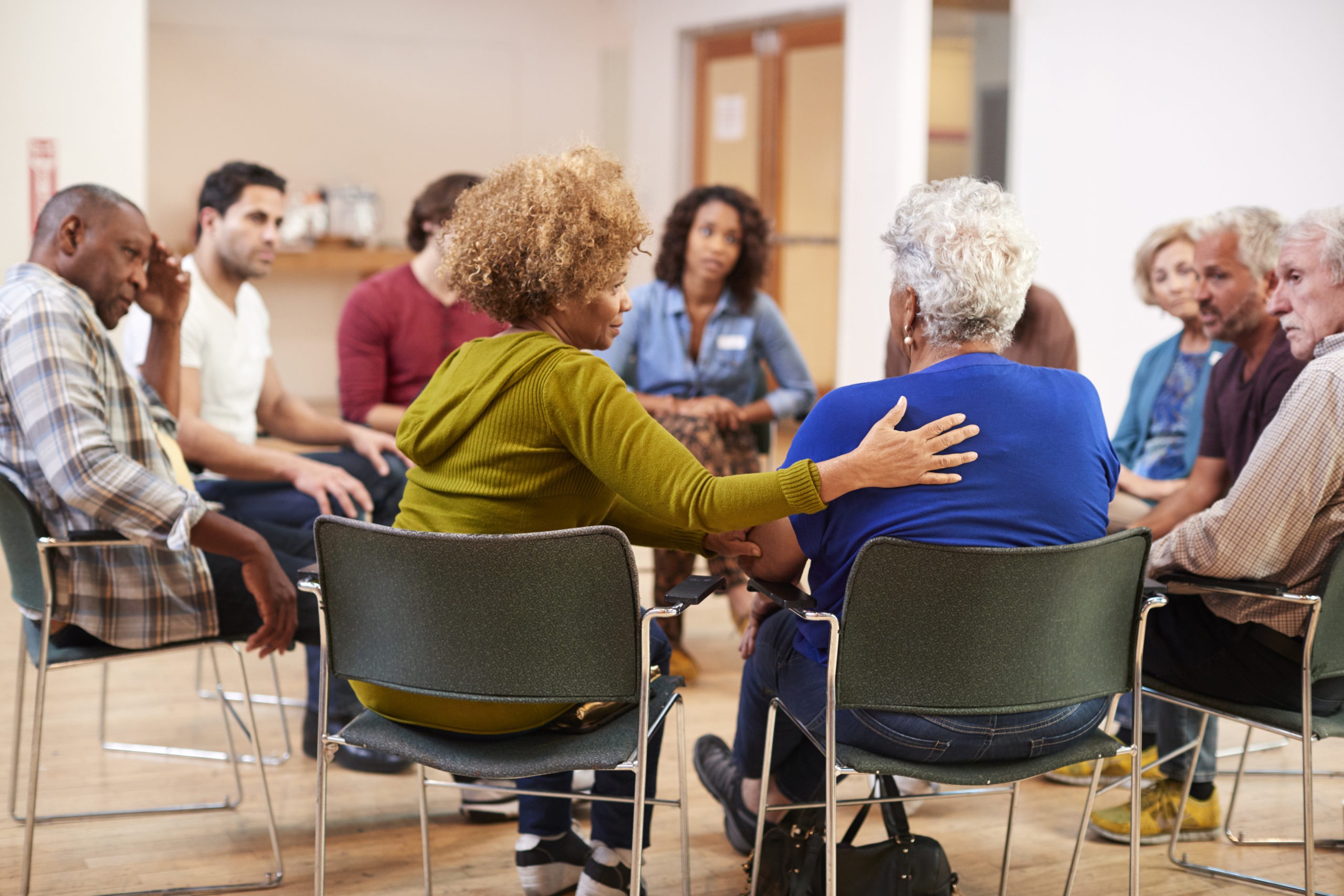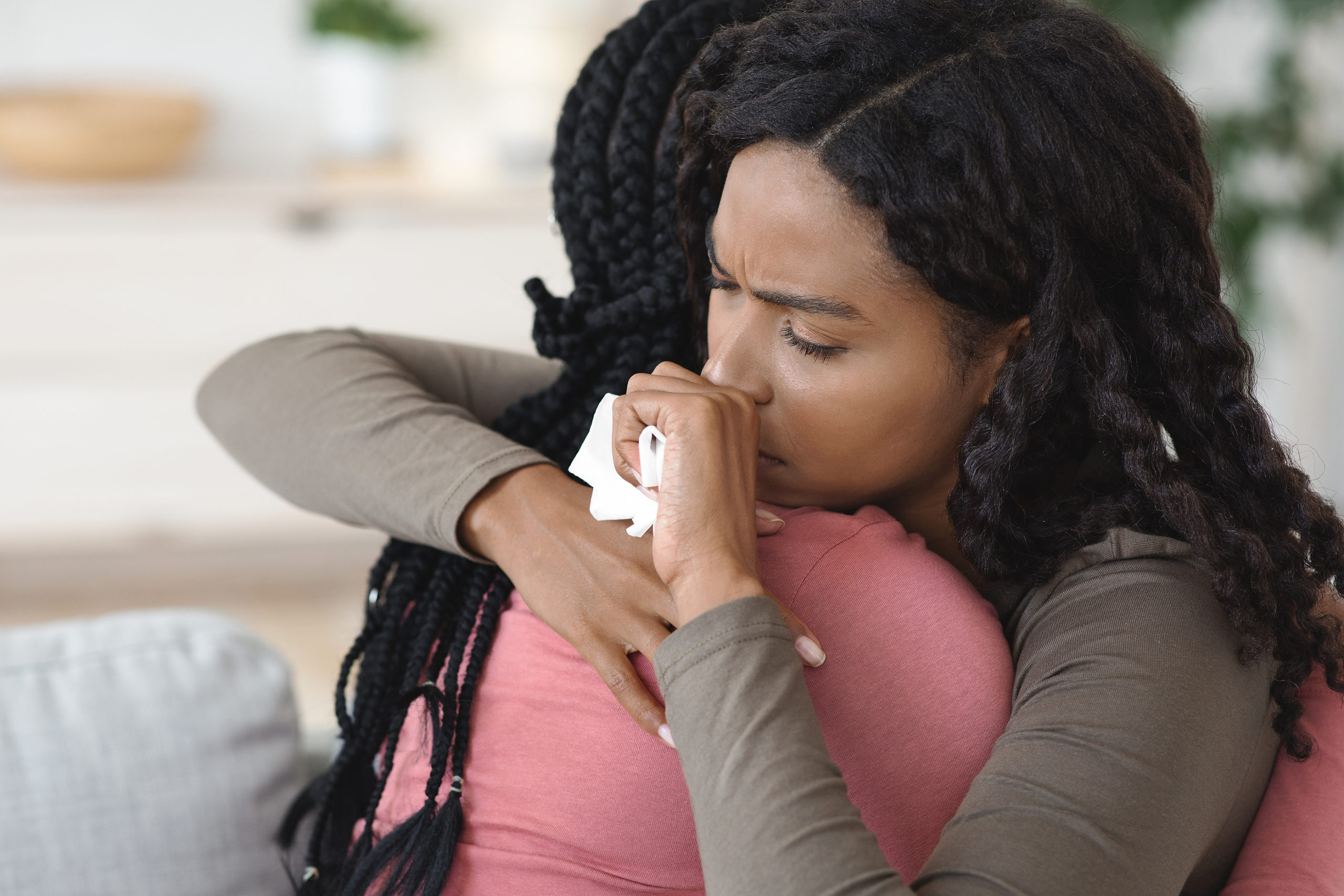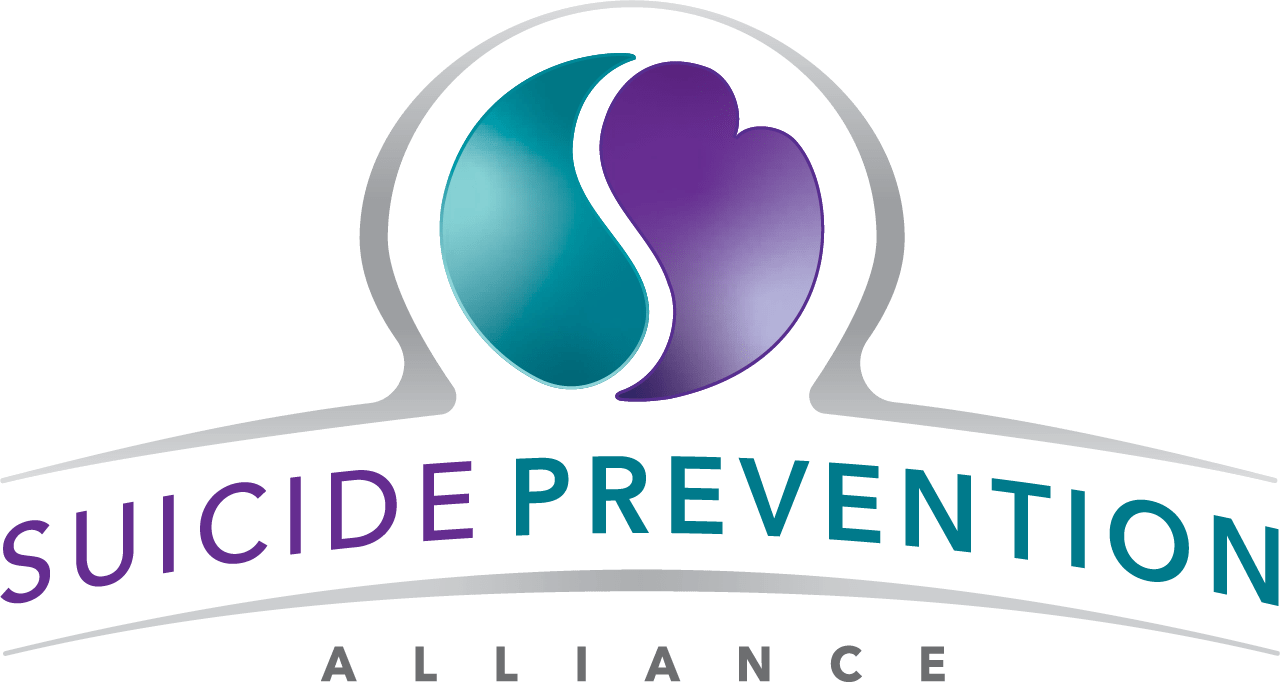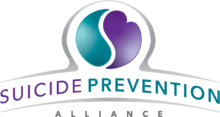Suicide claims the lives of over 49,000 (49,476) across the United States according to the latest statistics by the Center for Disease Control and Prevention (CDC). Suicide is currently the 11th leading cause of death in the United States. A suicide happens approximately every 10.6 minutes which is the equivalent of 136 people (the equivalent of a passenger list on an airplane) who die every day. There are over 1,200,000 (1,236,900 annual attempts in U.S. (using 25:1 ratio) or one attempt every 25.5 seconds) attempts each year.
Around the world, close to 800,000 people die from suicide every year. That’s one person every 40 seconds. Due to the stigma associated with suicide – and the fact that it is illegal in some countries – this figure is also likely to be an underestimate, with some suicides being classified as unintentional injuries. Unfortunately, this exists in the United States as well.
Suicide occurs within ALL ages, races, genders, sexuality, faith denominations, occupations, incomes and educational levels…suicide can affect anyone and everyone. We also know that ONE SUICIDE death or attempt IS TOO MANY.
How To Get Help
Thinking about suicide or hearing someone say that they are thinking about can be scary, to the person that is contemplating taking their life or to the family member or friend who is trying to help them.
If you or someone you know is thinking about suicide, please follow the below steps to help yourself, a friend, or loved one.

Call 988 or Text 988
Thinking about suicide or hearing someone say that they are thinking about can be scary, to the person that is contemplating taking their life or to the family member or friend who is trying to help them.
If you or someone you know is thinking about suicide, please follow the below steps to help yourself, a friend, or loved one.
What to do if you think someone is suicidal: Here are some tips according to the Mayo Clinic.
Look for Warning Signs
You can't always tell when a loved one or friend is considering suicide. But here are some common signs:
- Talking about suicide — for example, making statements such as "I'm going to kill myself," "I wish I were dead" or "I wish I hadn't been born"
- Getting the means to take your own life, such as buying a gun or stockpiling pills
- Withdrawing from social contact and wanting to be left alone
- Having mood swings, such as being emotionally high one day and deeply discouraged the next
- Being preoccupied with death, dying or violence
- Feeling trapped or hopeless about a situation
- Increasing use of alcohol or drugs
- Changing normal routine, including eating or sleeping patterns
- Doing risky or self-destructive things, such as using drugs or driving recklessly
- Giving away belongings or getting affairs in order when there is no other logical explanation for doing this
- Saying goodbye to people as if they won't be seen again
- Developing personality changes or being severely anxious or agitated, particularly when experiencing some of the warning signs listed above


If someone has attempted suicide:
- Don't leave the person alone.
- Call 911 or your local emergency number right away. Or, if you think you can do so safely, take the person to the nearest hospital emergency room yourself.
- Try to find out if he or she is under the influence of alcohol or drugs or may have taken an overdose.
- Tell a family member or friend right away what's going on.
If a friend or loved one talks or behaves in a way that makes you believe he or she might attempt suicide, don't try to handle the situation alone:
- Get help from a trained professional as quickly as possible. The person may need to be hospitalized until the suicidal crisis has passed.
- Encourage the person to call a suicide hotline number. In the U.S., call the National Suicide Prevention Lifeline at 800-273-TALK (800-273-8255) to reach a trained counselor. Use that same number and press "1" to reach the Veterans Crisis Line.

Additional Information
Who We Are
Suicide Prevention Alliance is a 501(c)3 nonprofit organization that helps people who are in need of preventative suicide assistance
